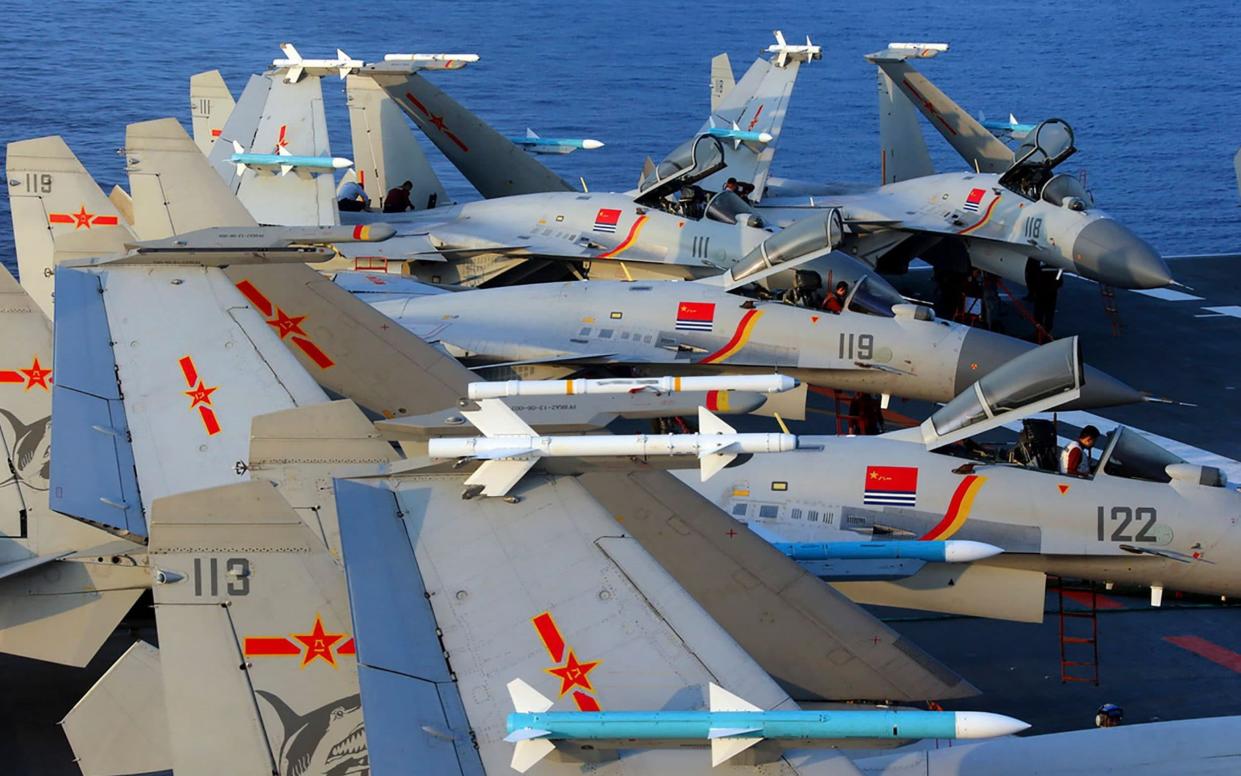China is almost ready for its war with the West

While Russian forces continued their thrust towards Kharkiv over the weekend, world leaders descended on the Swiss resort of Bürgenstock in attempts to work out what a peace deal should look like. Vladimir Putin, predictably, had no interest in attending, but the absence of another world leader was more significant. Even as the US gears up to pivot its military attention to the Indo-Pacific to confront an increasingly assertive China, Xi Jinping chose not to attend.
Admiral Paparo, Commander of the US Indo-Pacific Command, recently declared his intention to turn the Taiwan Strait “into an unmanned hellscape” in order to buy time in the event of a Chinese invasion of Taiwan. The idea was to use “classified capabilities” – likely including surface vessel and long endurance UAVs – to make the lives of Chinese soldiers “utterly miserable for a month”.
In the meantime, the concern is that while the US is developing combat capabilities in the region, China is building ships at a rapid clip. Paparo has previously noted that while the US is “not overmatched”, he does not “like the pace of the trajectory”.
With Europe distracted by Russia’s war in Ukraine and American assets diverted by the turmoil in the Middle East, the Chinese Communist Party has perhaps its best ever chance for a successful war of conquest. Xi’s deadline of 2027 for the People’s Liberation Army to be ready to invade Taiwan is likely to fall in a period of geopolitical chaos elsewhere.
It is, in other words, unsurprising that Xi had no interest in this weekend’s peace conference. Keeping an increasingly politically fractured and economically reluctant Europe tied down in war, ties down Washington by extension, and frees up China in the Indo-Pacific.
If we are to avoid adding a third entry to our list of global conflicts, Europe will need to step up to the plate. At present, far too much of the burden falls on the United States even when – on paper at least – European Nato members and the European Union can and should be able to foot the bill and supply the weapons for Ukraine’s fight for freedom.
Washington knows that it has spread itself increasingly thin, and that this cannot be sustained indefinitely. If it is divided between propping up European countries unprepared to financially commit to the security of their own continent and the Indo-Pacific when China’s preparations for war flip over to the real thing, then it is at serious risk of losing a great power war for the first time.

 Yahoo News
Yahoo News 
